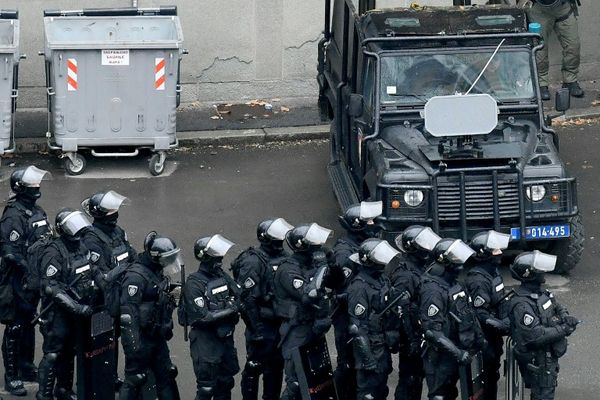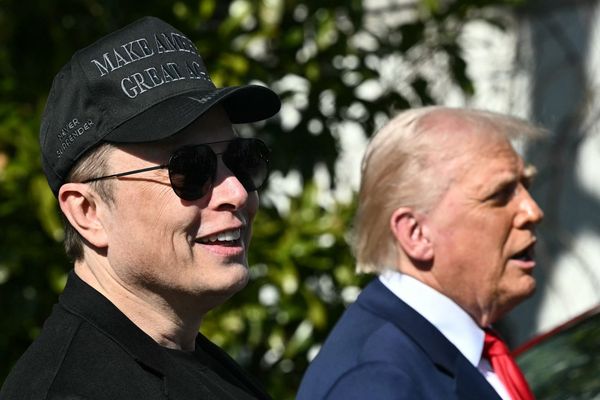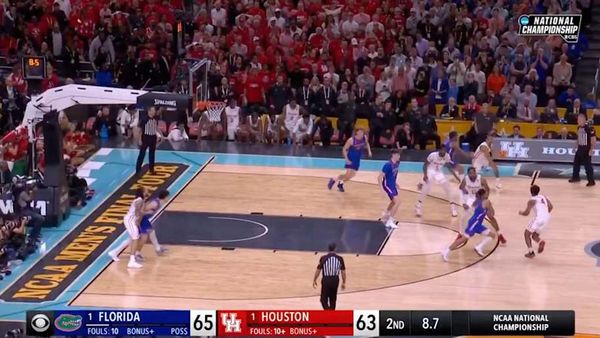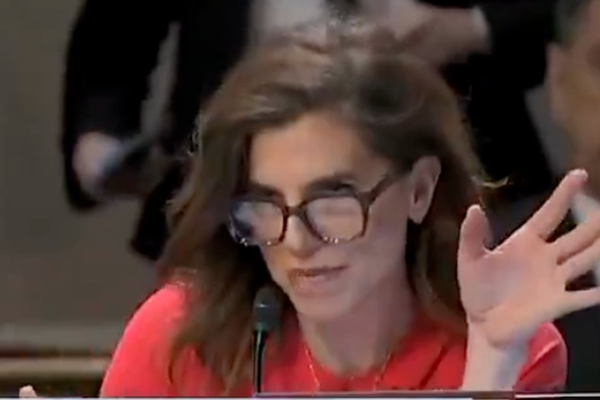In light of the developing catastrophe in Ukraine, one wonders if President George W. Bush regrets not having taken a harder line against Russian President Vladimir Putin when he invaded Georgia in 2008. Or if President Barack Obama wishes he had tried harder to muster NATO and the rest of the free world to resist Putin’s annexation of Crimea in 2014.
But that’s the trouble with overused clichés such as “Those who cannot remember the past are condemned to repeat it.” They sound surpassingly wise but, in practical terms, they don’t tell us very much about how we should behave now.
Often clichés such as these raise more questions than they answer. If Bush had resisted Putin in 2008 or Obama had in 2014, we do not know whether Russia would be currently residing quietly within its national boundaries or whether we would have already experienced World War III and would now be facing World War IV, the one that Einstein supposedly said would be “fought with sticks and stones.”
In fact, the best that the cliché might do for us now is to remind us that in ten or twenty years we may look back on 2022 and wonder why we didn’t act more decisively to prevent a ruthless autocrat from brutally destroying a country with nascent inclinations toward democracy, the rule of law and the free world.
Of course, it’s not as if we’re doing nothing. The sanctions and the military and humanitarian support are damaging the Russian economy and are helping Ukrainians resist the assault on their country.
But few argue that the sanctions are going to be enough to stop Putin. And while military aid is welcomed by the Ukrainians, it may be only enough to help them prolong — rather than win — the war and drive the casualty toll into the many thousands. Proxy wars never turn out well for the proxies.
When we consider this war in 20 years, what will we wish we had done differently?
We may wish that Bush and Obama had been more resistant in 2008 and 2014. We may wish that President Donald Trump had exhibited a stronger commitment to NATO. We may reevaluate Trump’s treatment of Ukrainian President Volodymyr Zelenskyy. Would Ukraine have been in a better position to resist Putin if Trump had welcomed the callow Zelenskyy into the fold of the free world and endorsed his anti-corruption efforts and the inclinations of his country toward the West? Would things be different now if Trump had not given the impression of conditioning an Oval Office visit for Zelenskyy and military aid for Ukraine on Zelenskyy’s agreement to investigate the Bidens?
And in 20 years will we wish that the Biden administration had made a greater commitment to stopping Putin militarily? My preference is for “soft power” and diplomacy. But it’s a sad fact of history that often only “hard power” — military force — will stop an autocrat such as Putin.
Putin may not be Hitler. But Hitler wasn’t Hitler until he became Hitler, and Putin is demonstrating an alarming Hitlerian willingness to commit any atrocity necessary in order to win. Putin may look like Hitler only in retrospect, and, in retrospect, we may wish that we had done what was necessary to stop him.
But here’s a regret that I hope we don’t have in 20 years: May we not fail to fully understand the stakes in the current conflict. Autocracy is on the rise and democracy based on laws and aspirations for equality are under threat.
Trump’s biggest mistake may have been to encourage Putin with a false equivalency between our nation and his. When a commentator pointed out in 2017 that Putin is a killer, Trump defended him: “There are a lot of killers. You think our country’s so innocent?”
Touché. But we must not let our mistakes and failures confuse us about the essential difference between our nation’s commitment to democracy, equality and the rule of law and the brutal totalitarianism currently expressing itself in Ukraine. May we not recognize only 20 years later that it’s a distinction worth fighting for today.







